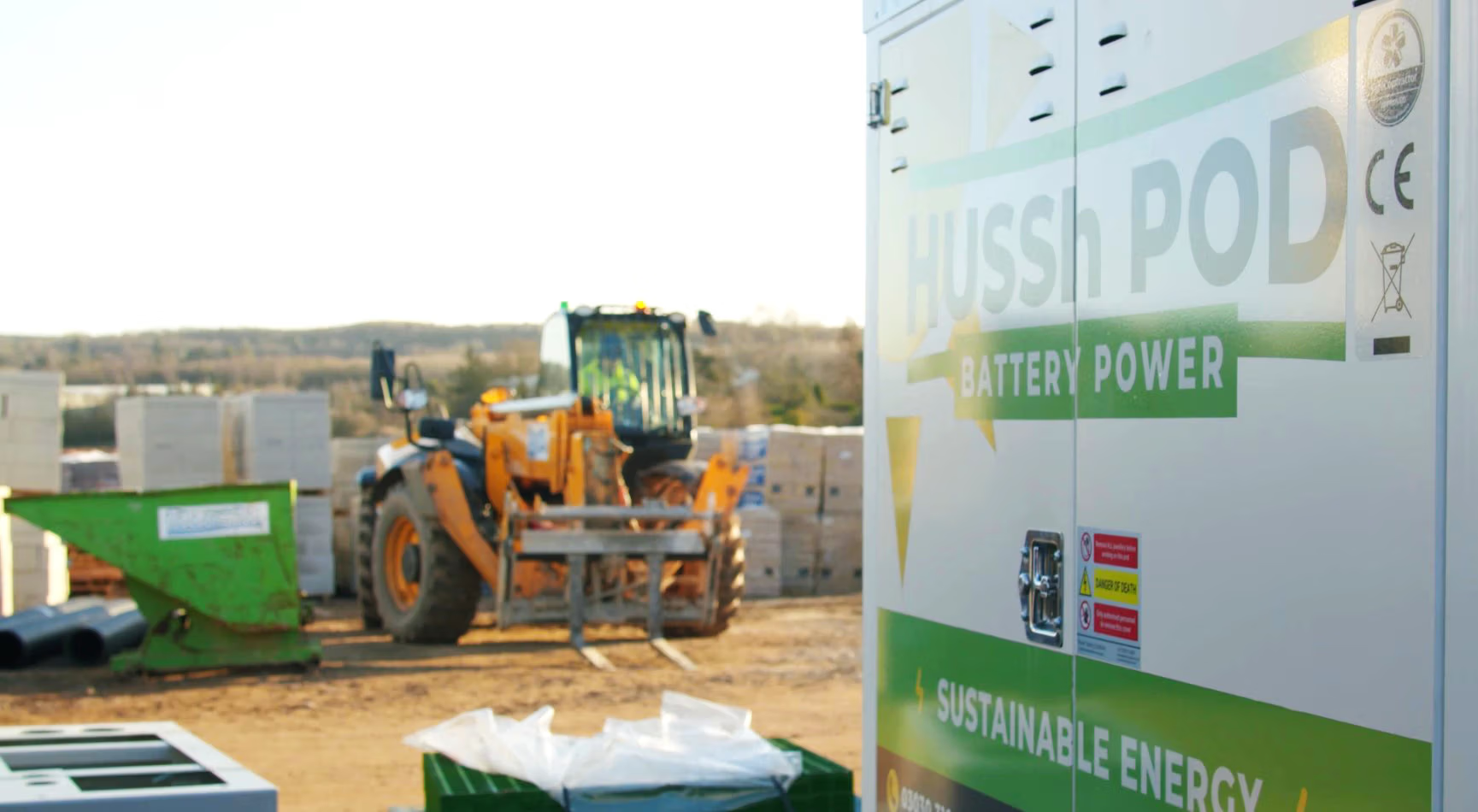
In today’s world, the demand for efficient, sustainable, and reliable energy solutions has never been higher. Battery Energy Storage Systems, also commonly known as Hybrid Power Systems, which combine multiple energy sources such as traditional generators and renewable sources, are emerging as a powerful solution. These systems offer the flexibility and sustainability needed to meet energy demands while reducing environmental impact and costs.
For industries and businesses looking to optimise their energy consumption, hybrid power solutions provide an innovative approach. By combining traditional generators with renewable energy and storage technology, battery energy storage and hybrid systems deliver reliable, cost-effective energy.
Dive into our comprehensive blog as we discuss how hybrid power systems work, and how they help businesses achieve energy efficiency and resilience.
Hybrid power systems combine multiple energy sources, typically including a generator (such as diesel) paired with energy sources like battery units. This blend creates a more resilient energy solution that not only enhances reliability but also improves energy efficiency.
By reducing dependency on traditional fuel sources and utilising greener energy sources, hybrid power systems help reduce operational costs and environmental impact, making them ideal for both remote locations and urban environments. Hybrid energy systems are especially valuable in industry sectors where power reliability is critical, such as construction, telecommunications, and railway stations and TV & Film
Hybrid energy systems are versatile and can be customised to meet various energy requirements. Below are some common examples of hybrid setups that illustrate how different components can work together to deliver efficient, reliable, and sustainable power:
This system pairs a diesel generator with a battery storage unit (BESS), creating a flexible solution that maximises fuel efficiency and reduces generator runtime. The diesel generator charges the battery when energy demand is low or when renewable energy is unavailable. During high-demand periods or when renewable sources are available, the battery supplies power, allowing the generator to remain idle.
This configuration combines solar panels with a battery storage system, providing clean, renewable energy during the day and stored energy at night or on cloudy days. Solar panels generate electricity during daylight hours, with excess energy stored in the battery. At night or during peak demand, the stored energy in the battery is used, minimising or eliminating the need for additional fuel-based generators.
This system combines a biomass generator with battery storage, providing a sustainable energy solution that can use organic waste as a fuel source. The biomass generator produces power using organic materials like agricultural or forestry waste. Excess energy generated during periods of low demand is stored in the battery, ensuring a consistent power supply.
Each of these hybrid energy configurations offers unique benefits, from cost savings to environmental sustainability. Choosing the right combination depends on factors like location, energy demand, and renewable availability.
Hybrid power systems offer numerous benefits, making them an attractive choice for businesses seeking energy resilience.
Hybrid power systems work by combining multiple power sources, typically a traditional generator with renewable energy sources and storage. The system automatically switches between sources based on availability and demand, reducing generator runtime and optimising fuel usage.
Hybrid power systems are ideal for a variety of applications, especially in sectors that require reliable, sustainable energy. Some common applications include:
Hybrid generators are designed to minimise fuel consumption by only activating traditional fuel-based generators when renewable sources and stored energy are insufficient. This strategic switching reduces fuel costs, making hybrid systems a cost-effective solution for businesses with high energy demands.
Hybrid power systems unlock the potential for efficient, sustainable, and resilient energy solutions by combining the strengths of traditional and renewable energy. For businesses in need of reliable power solutions, Power Saving Solutions offers a range of hybrid energy systems that can be tailored to your needs.
By investing in hybrid power technology, companies can achieve substantial savings on fuel costs, reduce emissions, and ensure continuous power. Contact us today to learn more about our Hussh Pods, our battery-powered energy solutions that will reduce emissions while ensuring round-the-clock power.